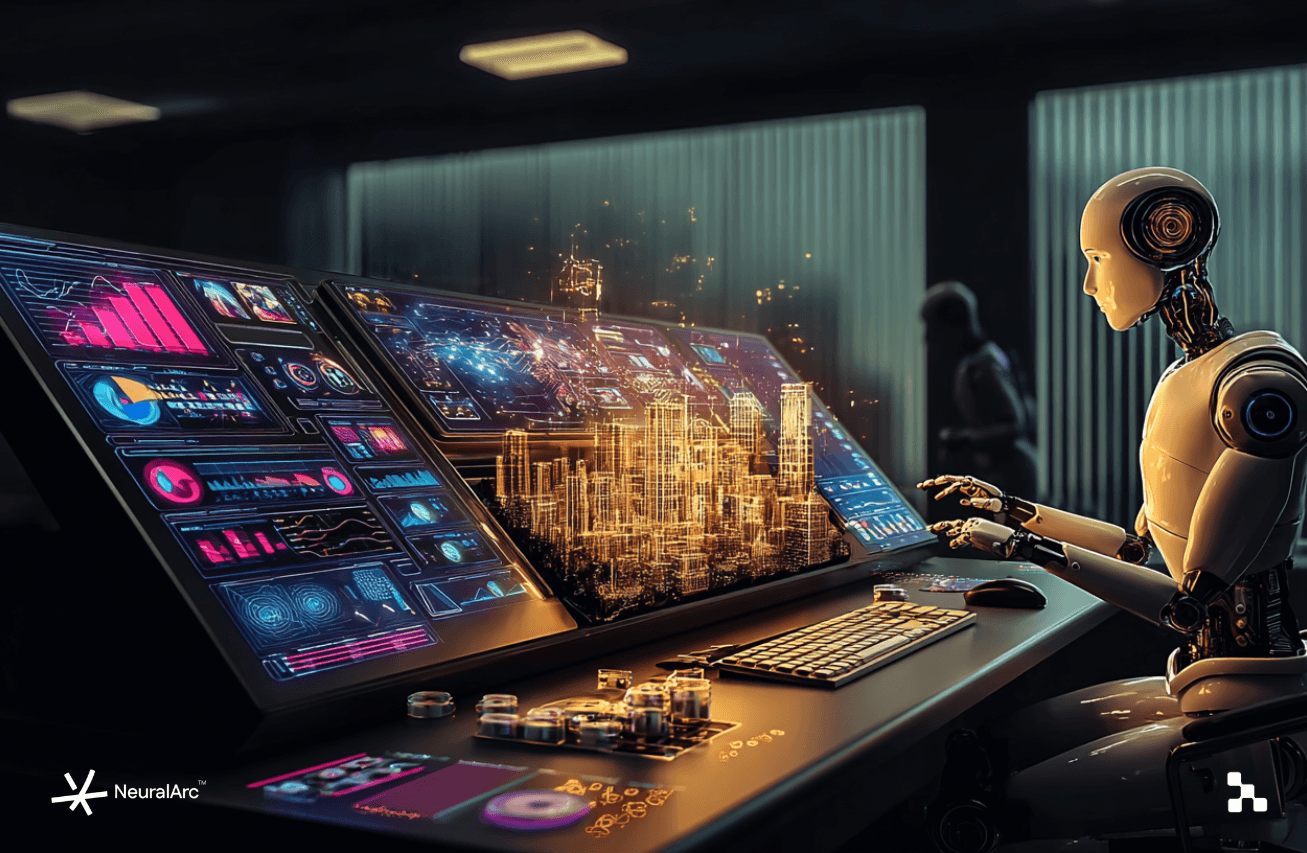The world of artificial intelligence is constantly evolving, and one of the most exciting developments is the emergence of Agentic AI. These aren't your average chatbots or simple automation tools; they are sophisticated systems designed to autonomously perform complex tasks, make decisions, and even adapt to changing circumstances. Imagine AI that doesn't just follow instructions, but understands the overall objective, strategizes, and executes a plan to achieve it – that's the power of Agentic AI.
Understanding Agentic AI
At its core, Agentic AI involves creating AI systems that can act as independent agents. These agents possess several key characteristics:
- Perception: They can perceive their environment through sensors or data inputs.
- Reasoning: They can process information, make inferences, and solve problems.
- Planning: They can develop plans and strategies to achieve specific goals.
- Action: They can execute actions in the real world or digital environment.
- Learning: They can learn from their experiences and adapt their behavior over time.
Unlike traditional AI, which typically focuses on a single, well-defined task, Agentic AI can handle more complex and ambiguous situations. They can break down large problems into smaller, manageable steps, and they can adjust their approach as needed. This level of autonomy allows them to be used in a wide range of applications, from customer service to supply chain management.
The Impact on Business Operations
The impact of Agentic AI on business operations is already being felt. Reports suggest that some enterprises are entrusting up to 15% of daily operational decisions to these systems. This includes tasks such as:
- Optimizing logistics: Determining the most efficient routes for delivery vehicles.
- Personalizing customer experiences: Recommending products or services based on individual preferences.
- Detecting fraud: Identifying suspicious transactions in real-time.
- Managing inventory: Automatically ordering supplies when stock levels are low.
By automating these tasks, businesses can improve efficiency, reduce costs, and free up human employees to focus on more strategic and creative work. Agentic AI can also enable faster decision-making, allowing companies to respond more quickly to changing market conditions. For example, an Agentic AI system could automatically adjust pricing based on competitor actions or customer demand.
Benefits and Challenges
The potential benefits of Agentic AI are significant, but there are also challenges to consider. One of the biggest advantages is increased efficiency. By automating routine tasks, Agentic AI can free up human employees to focus on more strategic and creative work. This can lead to higher productivity and improved profitability.
Another benefit is improved decision-making. Agentic AI systems can analyze vast amounts of data and identify patterns that humans might miss. This can lead to better decisions and more accurate forecasts. However, it's crucial to ensure that the data used to train these systems is accurate and unbiased. Otherwise, the AI may perpetuate existing biases or make poor decisions.
Addressing Ethical Considerations
As with any powerful technology, there are ethical considerations to keep in mind. It's important to ensure that Agentic AI systems are used responsibly and that they do not discriminate against certain groups of people. Transparency and accountability are also crucial. Businesses need to be able to explain how these systems work and why they made certain decisions.
Another challenge is the potential for job displacement. As Agentic AI becomes more capable, it may automate some jobs that are currently performed by humans. However, it's also likely to create new jobs in areas such as AI development, maintenance, and ethics. The key is to prepare for this shift by investing in education and training programs that help workers develop the skills they need to succeed in the age of AI. It is imperative to focus on upskilling and reskilling initiatives.
"Agentic AI is not just about automation; it's about empowering machines to think, learn, and act independently, ultimately augmenting human capabilities and driving innovation."
The future of Agentic AI is bright. As these systems become more sophisticated, they will likely play an increasingly important role in all aspects of business and society. By understanding the capabilities, benefits, and challenges of Agentic AI, we can ensure that it is used in a way that benefits everyone.
Agentic AI represents a paradigm shift in how we approach artificial intelligence. Its ability to autonomously make decisions and execute complex tasks promises unprecedented levels of efficiency and speed. However, it is crucial that we address the ethical considerations and potential challenges associated with this technology to ensure its responsible and beneficial deployment. The responsible development and implementation of Agentic AI will shape the future of work and redefine how businesses operate. As these AI agents continue to evolve, they will undoubtedly transform industries and create new opportunities we can only begin to imagine.
